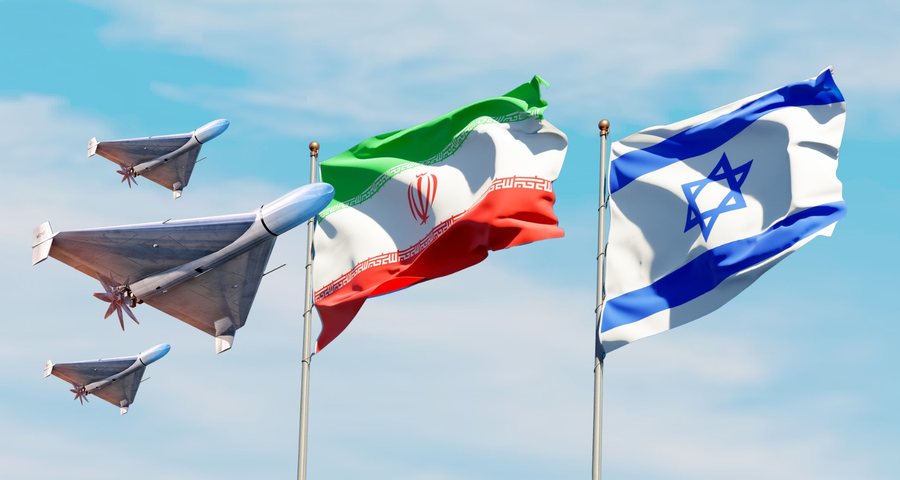
In an editorial, the Washington Post wrote that Israel’s airstrikes on Iran’s nuclear infrastructure and military leadership were widely seen as an operational success. “Significant parts of the nuclear program were damaged or destroyed, senior Revolutionary Guard commanders were killed, as well as key scientists.” But, as the newspaper warns, the big questions are just beginning to be asked.
Tactical victory does not necessarily translate into a clear long-term strategy. The essential question that arises is: does Israel have a plan for the “day after”? And what role does the US play in this dynamic? Although any setback to Iranian nuclear ambitions is considered a “victory for global security,” the latest attack could have unforeseen consequences.
A key issue is whether Iran still has the capacity to produce advanced centrifuges for enriching uranium. While the facilities at Natanz have been severely damaged, the Fordow plant, built deep inside a mountain, remains untouched — and inaccessible except by special bombs that the United States has not given to Israel. The Washington Post editorial warns that Iran may now decide to completely hide its nuclear program, withdraw from the Nuclear Non-Proliferation Treaty or expel International Atomic Energy Agency inspectors, who have had only limited access anyway.
The Israeli strike could have the opposite effect: pushing Iran to accelerate efforts to build a nuclear weapon as a deterrent against future attacks — this time with even greater secrecy. It is also unclear whether this military humiliation will destabilize the Iranian regime, or strengthen nationalist support for it. The Iranian regime has invested hundreds of billions of dollars and a large part of its prestige in its nuclear program, sacrificing an economy that has been crippled by Western sanctions.
The extent of US involvement in the attack is still unclear. Secretary of State Marco Rubio said Israel acted alone. But President Donald Trump told the Wall Street Journal: “We didn’t need any warning — we knew what was going on.” The discrepancy adds to suspicions of tacit American coordination with Israel. The attack came just a day after Trump had given Iran a 60-day deadline for a new nuclear deal expired. This raises the suspicion that Israeli Prime Minister Benjamin Netanyahu, with tacit US support, was trying to destroy any chance of a deal through military force.
Trump then declared: “The Iranians can still make a deal, as long as they have something left.” This reinforces the perception that Washington and Jerusalem may be pursuing a well-thought-out diplomatic game, with one side acting as the “bad cop,” the other as the “good cop.”
Benjamin Netanyahu has been warning for years about the existential threat posed by a nuclear Iran to Israel. According to the Washington Post, the prime minister may have felt the moment was right to strike: After Hamas’s attacks on October 7, 2023, Israel’s perception of security has changed dramatically. Moreover, Iran is in its weakest regional position in decades: Hamas has been severely hit in Gaza, Hezbollah has been weakened in Lebanon, and the Assad regime in Syria has been toppled. A smaller Israeli strike last year had already degraded Iran’s air defense systems.
"Israel struck when the conditions were ripe," writes the Washington Post. But the lack of a clear strategy for the aftermath and the unclear role of the US are alarming. The newspaper directly warns Donald Trump: a president who has spoken out against involvement in "eternal wars" in the Middle East should resist any new involvement.
ER (A2 Televizion)











